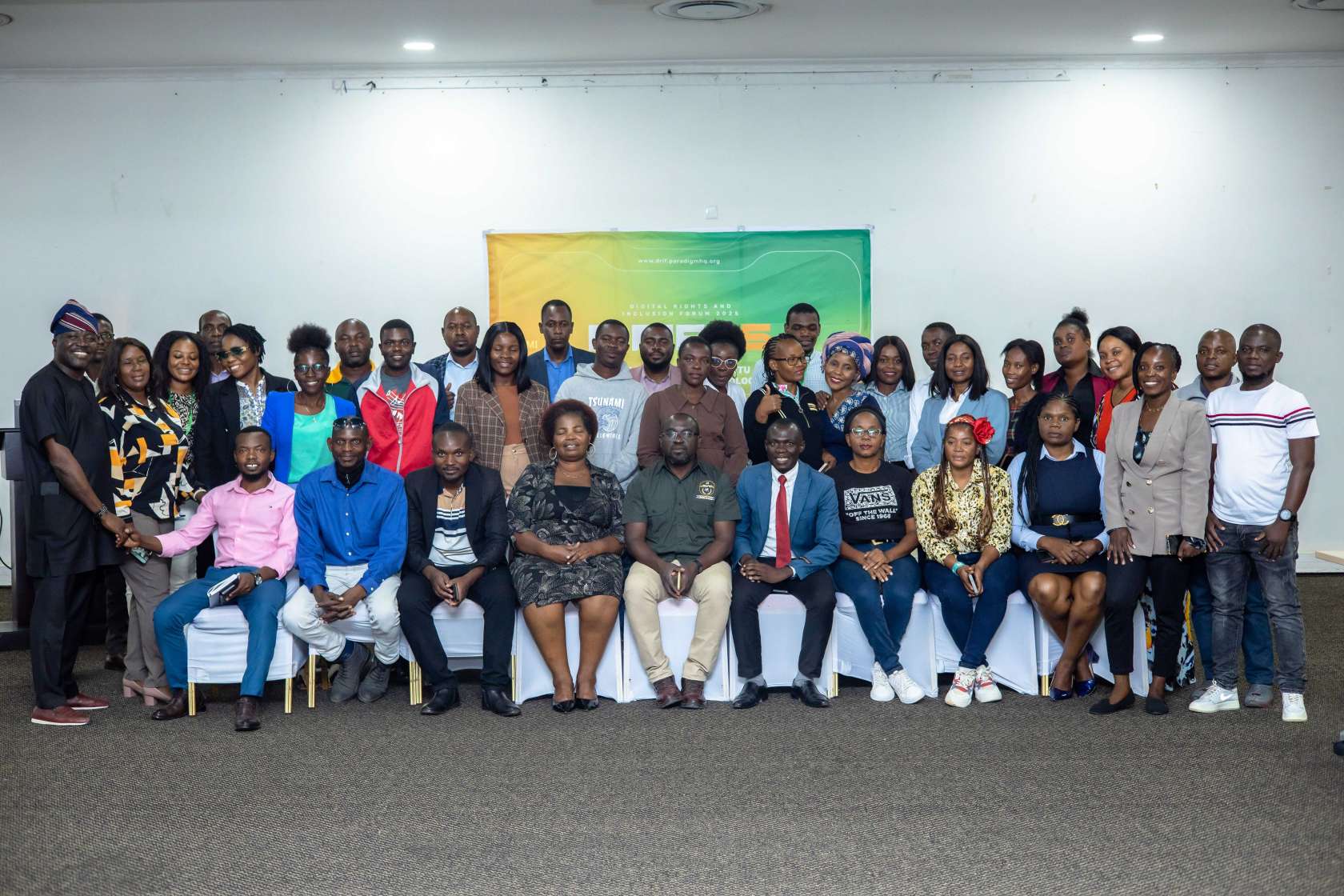Nation
Paradigm Initiative to train Francophone Africa teachers on ICT adoption

Pan-African non-profit Paradigm Initiative (PIN) will later this month train teachers and education officers from Francophone Africa on how to integrate digital tools into classroom learning, in a move aimed at bridging gaps in digital literacy and inclusion across underserved communities.
The two-day virtual training, scheduled for September 29 and 30, will target primary and secondary school teachers, ICT coordinators, and education officers. It forms the second leg of a three-part series covering East Africa, Francophone Africa, and Anglophone West Africa.
According to PIN, the workshop will introduce participants to basic and intermediate ICT tools relevant to education, including Google Docs, Slides, Padlet, and Kahoot. It will also demonstrate strategies for lesson planning with technology, virtual classroom management using platforms like Google Classroom and Zoom, and online assessment methods.
To Ihueze Nwobilor, Senior Programmes Officer at Paradigm Initiative, the programme is designed to strengthen capacity by targeting young learners through their teachers. “Our work in Francophone Africa is unique because it bridges gaps in digital literacy and inclusion in countries and communities that are often underserved. By empowering teachers with practical digital skills, we are laying a solid foundation for a more digitally inclusive future to be built by the youth they teach today,” he said.
The initiative follows the East African edition held on September 3 and 4, which brought together 64 teachers from seven countries: Democratic Republic of Congo, Ethiopia, Kenya, Somalia, South Sudan, Tanzania, and Uganda. The series will conclude with the Anglophone West Africa workshop on October 7 and 8.
Each session blends live, interactive lessons with collaborative activities to maximise engagement and ensure practical learning outcomes.
The workshops are part of PIN’s wider push to promote digital inclusion in education, ensuring that African youth acquire the skills needed to thrive in the digital age. By focusing on educators, the organisation hopes to extend the benefits directly to students in underserved communities, boosting equitable access to technology-enhanced learning across the continent.


